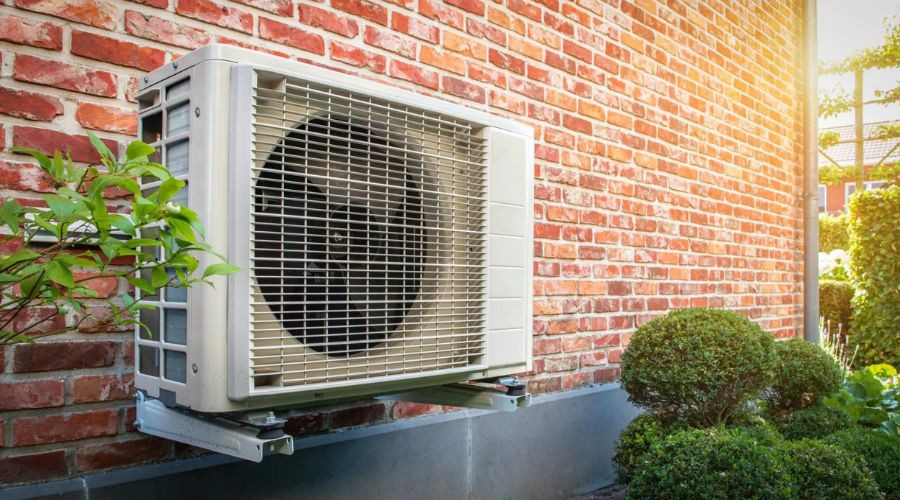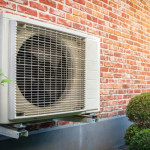A Guide to Heat Pumps for Homeowners
The choices for heating and cooling the home have been few for years. Most homes are heated and cooled by furnaces and air conditioning systems that use tons of electricity and burn fossil fuels. Not only are there concerns about the continued use of fossil fuels, but their cost also wildly fluctuates, making these systems expensive to operate.
Heat pumps were available as an alternative, but they needed expensive wells or bodies of water to act as heat sinks to be efficient. One of the major advances of the green movement has been updating the heat pump so that it is cheap to install and efficient to operate.
How Does a Heat Pump Work?
Under normal operation, an air conditioner uses refrigerant to absorb heat from inside the home and pump it outside, where it is dumped into the surrounding environment. What if that process could be reversed? Could heat be absorbed outside the home and pumped in where it warms the home?
As it turns out, this is exactly how a heat pump works. In the summer, the air conditioner operates normally, pulling heat out of the home. In the winter, the cycle is reversed. Even though there is less heat energy when temperatures outside are cold, the refrigerants can absorb what little heat there is and pump it into the home. Doing so allows homeowners to ditch the gas companies that price gouge during cold spells and save money while they’re doing it.
Benefits of Heat Pumps
 With the advances in heat pump technology, more people are switching. Now that heat pumps are comparably priced and don’t require wells and heat sinks, the technology is much more accessible. Some of the benefits of making the switch are:
With the advances in heat pump technology, more people are switching. Now that heat pumps are comparably priced and don’t require wells and heat sinks, the technology is much more accessible. Some of the benefits of making the switch are:
- Reliability: It may seem counterintuitive, but heat pumps are generally more reliable than ACs and furnaces. Since the same equipment works all year long, it stays lubricated more effectively, leading to fewer mechanical problems.
- Cost Reductions: Heat pumps don’t use natural gas or electrical resistance to heat the home. They use inexpensive electrical power so homeowners can have lower, more predictable bills year-round.
- Direct Replacement: Heat pumps are designed to replace an existing unit. Most will fit directly on the footprint of an old unit and easily hook up to existing ductwork. The same thermostat can even be used, making the new technology seamless.
When to Call for Heat Pump Repair
 If an owner has switched to heat pumps and struggles, it may be time for repairs. Despite being reliable, a heat pump occasionally needs professional attention to keep it operating optimally. Some of the signs an owner needs heat pump repairs are:
If an owner has switched to heat pumps and struggles, it may be time for repairs. Despite being reliable, a heat pump occasionally needs professional attention to keep it operating optimally. Some of the signs an owner needs heat pump repairs are:
- New, unusual noises
- Poor temperature control in the home
- Loss of power to the unit
- Low indoor air quality
- Problems with airflow or comfort
- High energy bills
About Crowes Comfort Solutions
Crowes Comfort Solutions offers flat-rate pricing for heat pump repairs and is available anytime for emergency service. To keep things running, Crowes Comfort Solutions has an attractive membership program. Call today for heat pump services in Pooler, GA.



